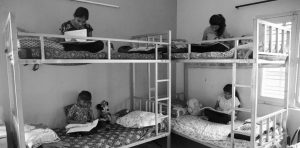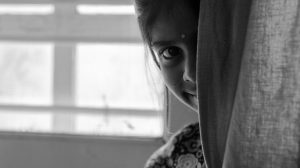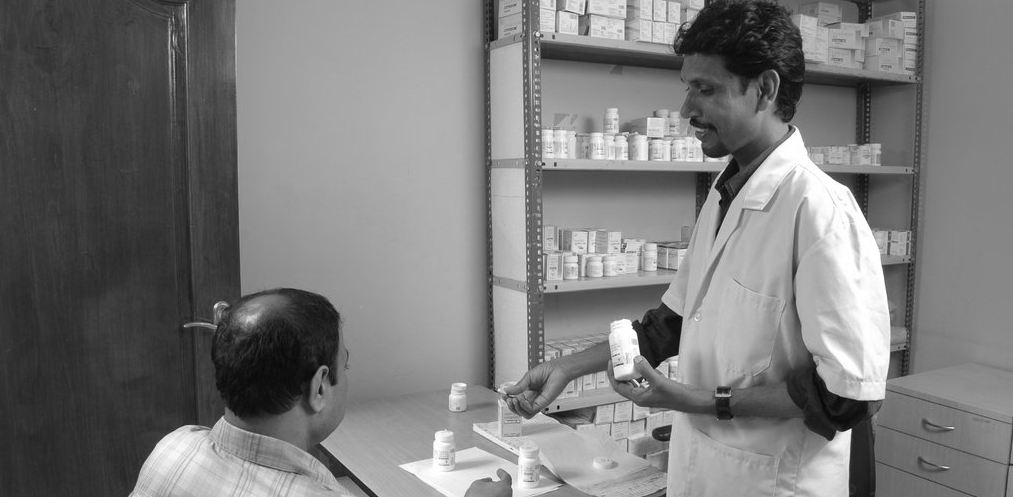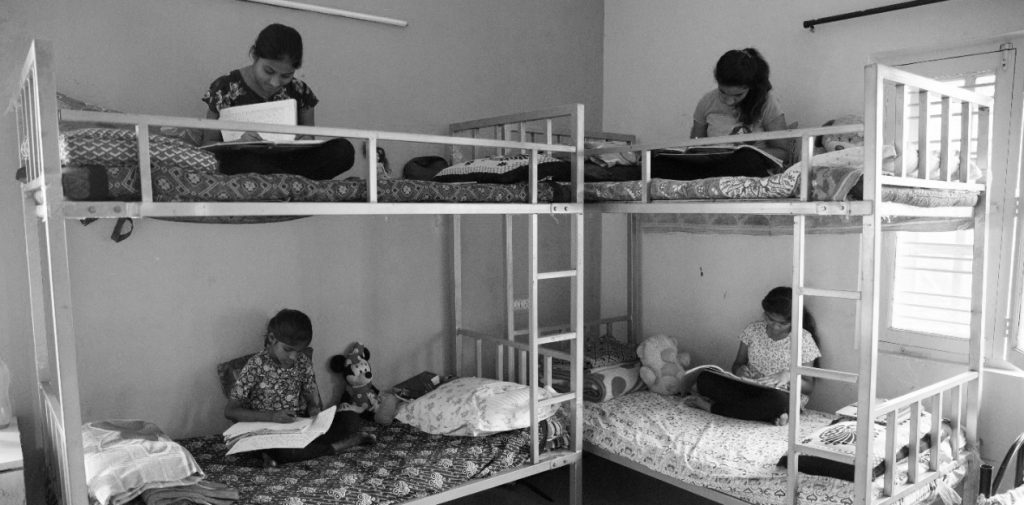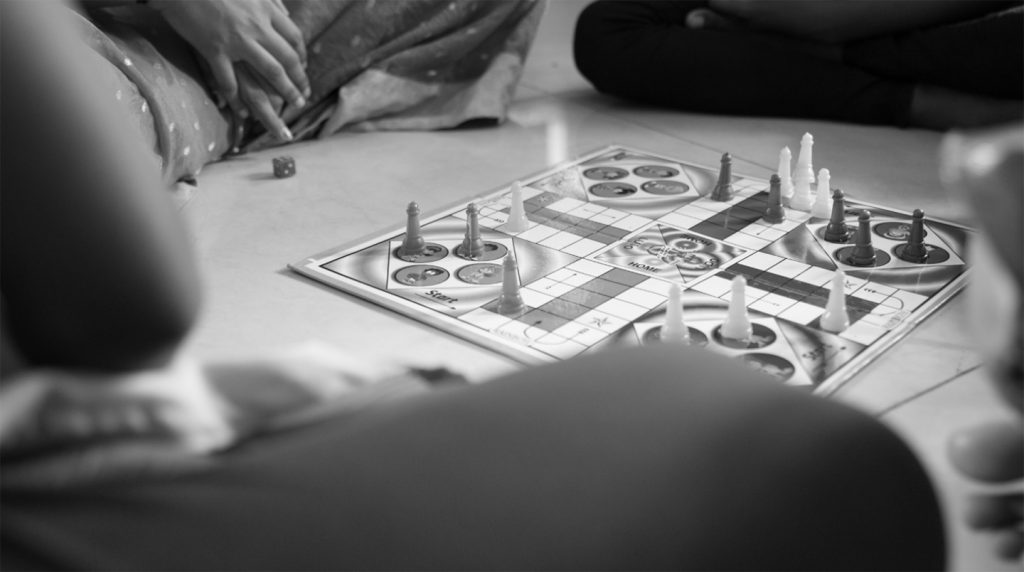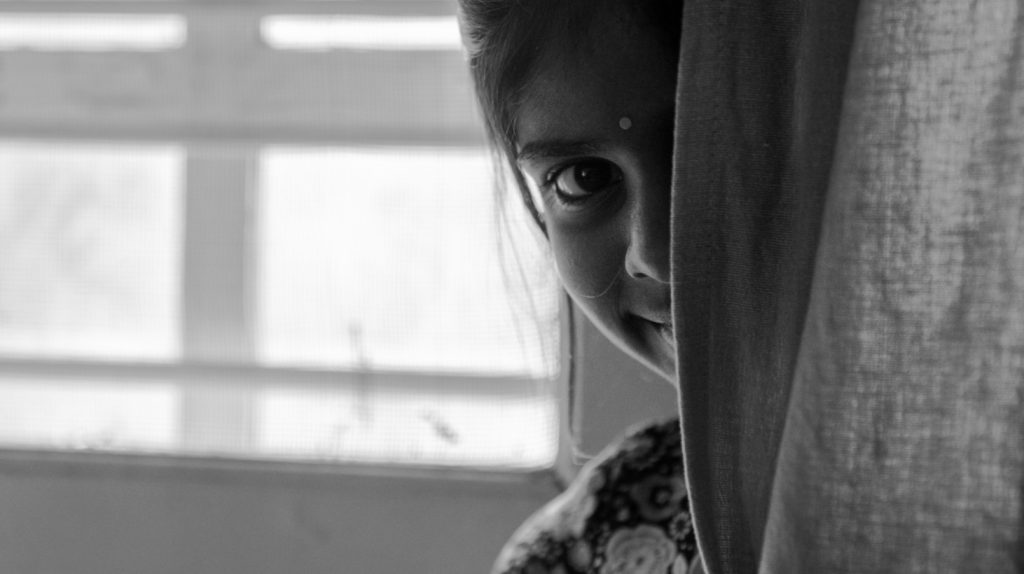COMPREHENSIVE CARE &
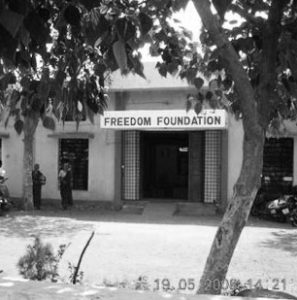
India is a resource poor country and hence most of the people living with HIV come from poor socio-economic backgrounds. In a disease like AIDS, which has implications that are health related, social & financial, it becomes imperative that any institution that volunteers to provide care & support for people living with HIV/AIDS (PLHAs), look at a holistic approach. In the Indian scenario, HIV/AIDS is today an epidemic that has crossed over all social & gender demarcations. Under these circumstances, it becomes all the more important to look at a multi-disciplinary approach where each unit complements the other. Today we have over 5 million people infected with HIV in our country. Prevention efforts are on, but all predictions so far point towards the numbers growing over the next few years. At some point of time these people will require care be it medical or psychological. It seems more right to say that PLHAs need to be treated within general hospital settings. But the reality is that today HIV/AIDS care in India is becoming a specialization of sorts and PLHAs do get better care when they approach institutions that are actively working in this area.
- Access to quality Medical & Nursing care
- Quality medical consultation through out-patient & in-patient services at all stages of the disease.
- Nursing care round the clock.
- Access to medicines for all opportunistic infections.
- Availability of diagnostics.
- Critical care with referral services for specialized care.
- Training
ART component
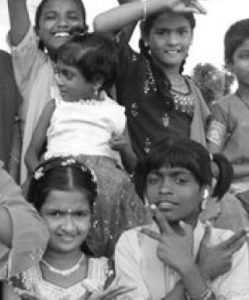 Evaluation of immune status.
Evaluation of immune status.- Rule out opportunistic infections.
- Assessment of patient readiness.
- Treatment education.
- Counselling
- Family preparedness.
- Understanding and developing Adherence structure
- Commencement of treatment with initial monitoring.
- Assistance with procurement 7 supply of drugs.
- Nutrition counselling.
- Monitoring and follow up
- Inpatient nursing care.
- Pain management.
- Continuation of opportunistic infection management.
- Counselling & family support.
- Last rites
- Voluntary counselling & testing services.
- Post-test counselling.
- Supportive counselling
- Family counselling.
- Trauma, bereavement & other associated problems.
- Group therapy.
- Awareness & sensitization to organized groups like schools, industries, etc.
- Targeted interventions with marginalized groups and other vulnerable communities.
- Employee Assistance Programmes (EAP) on HIV/AIDS & Substance Abuse with the Corporate Sector, Public Sector undertakings, & the Transport sector.
- EAP on HIV/AIDS & Substance Abuse for various law enforcement agencies
- Sensitization and inclusion of volunteers.
- Sensitization & block placements for post-graduate students of various fields.
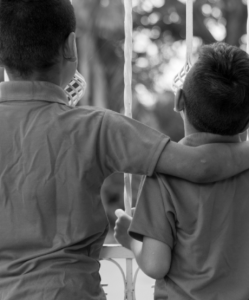 Assessment, inclusion & coverage of ante-natal clinics.
Assessment, inclusion & coverage of ante-natal clinics.- Provision of counselling & education.
- Training to MCH providers.
- Voluntary counselling & testing.
- Partner counselling & option of testing
- Post-test counselling.
- Family counselling
- Testing for STIs.
- Nutritional supplements
- Prophylaxis & feeding options.
- Testing of the infant.
- Formation of self-help groups
- Community health education
- Community mobilization.
- Referrals for care & support
- Access to HAART
- Income generation initiatives, SHG
- Assessment & evaluation
- Treatment & rehabilitation options
- Support group mechanisms
- Family issues & support
- All components of medical care.
- Nutritional assistance
- Education assistance
- Referrals
- Access to HAART
- Access to food, shelter & clothing
- Vocational training
- Foster care
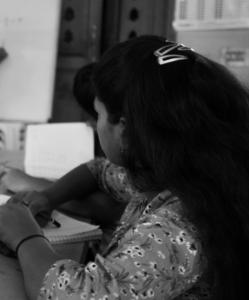 Formation of SHGs.
Formation of SHGs.- Nutrition & education assistance programmes
- Income generation
- Micro-savings
- Peer support
- + ve speaking
- Rights abuse & access to legal addressal by partnering with
- Lawyers Collective/Alternative Law Firm, etc.
- Referral & net working with government agencies especially for child rights.
- Partnering with the Women’s cell.
- Media coverage.
- Lobbying for change at various levels.
- Corporate social responsibility, from sensitization to resource mobilization.
- With government hospitals including HAART roll out centers.
- Private hospitals for specialized care.
- With the +ve peoples networks.
- Formation of NGO consortiums.
- Referrals with other NGOs.
- Diagnostic & Pharma partnerships
- With various organized community groups.
- Setting up Networks of infected/affected women, children, & men
- Mobilize communities to identify and support the needs of children and their families.
- Community volunteers are trained to provide accurate information on HIV/AIDS, prevention, care and support for whole families and community members.
- Identification of Children affected with HIV/AIDS (CAA)
- Referrals of CAA & PLHAs for acute interventions and care
- Sensitization on needs of children infected and affected by HIV/AIDS and their families.
- Addressing stigma and discrimination at all levels
- Providing Psychological support (grief, stress, succession planning, self-esteem, pre-test & post-test counselling) to all infected/affected children and their caregivers
- Recreational activities, an opportunity for all children in the community to come together
- Training and support for extended families and other community members to provide foster care
- Networking with other PLWHA groups
- Home-based care team, to provide medical assistance, nursing care education and training (home care kits, nutrition counselling, prevention of OI’s, palliative care, infection control, & ART)
- Create a system of referral for palliative care and hospitalization
- Referrals for TB, PPTCT, &VCTC
- Behaviour Change Communication, Life Skill education especially for children in the age group of 8 to 18 to handle vulnerability on prevention and other life situations, to increase community support for CAA and their families.
- Creating active linkages with Baljyothi schools and Anganwadi centres for imparting education and nutritional support
With support from the Global Fund round IV, Freedom Foundation as a sub-grantee and will make available this comprehensive care & support services at four of the 6 high prevalence states over a period 5 years.

